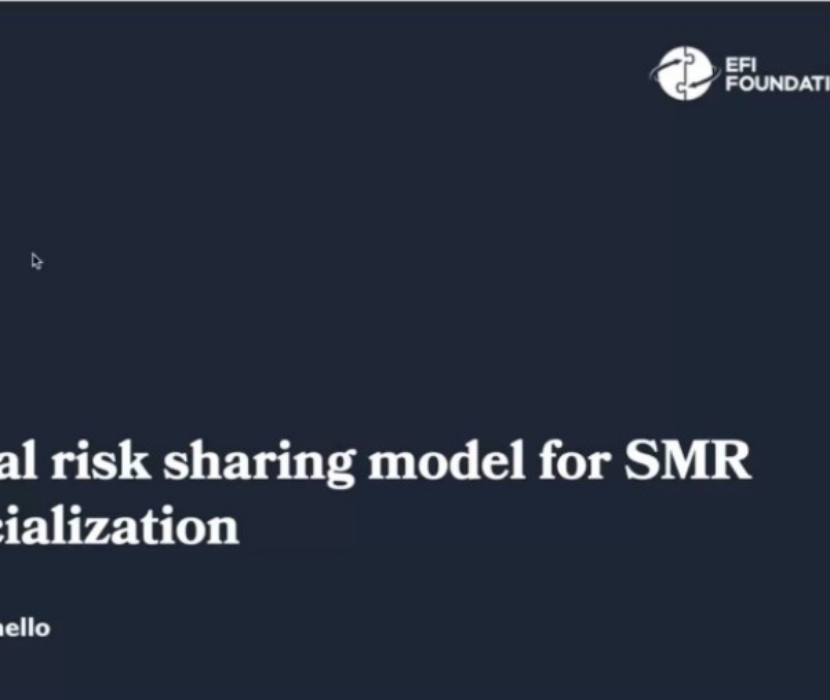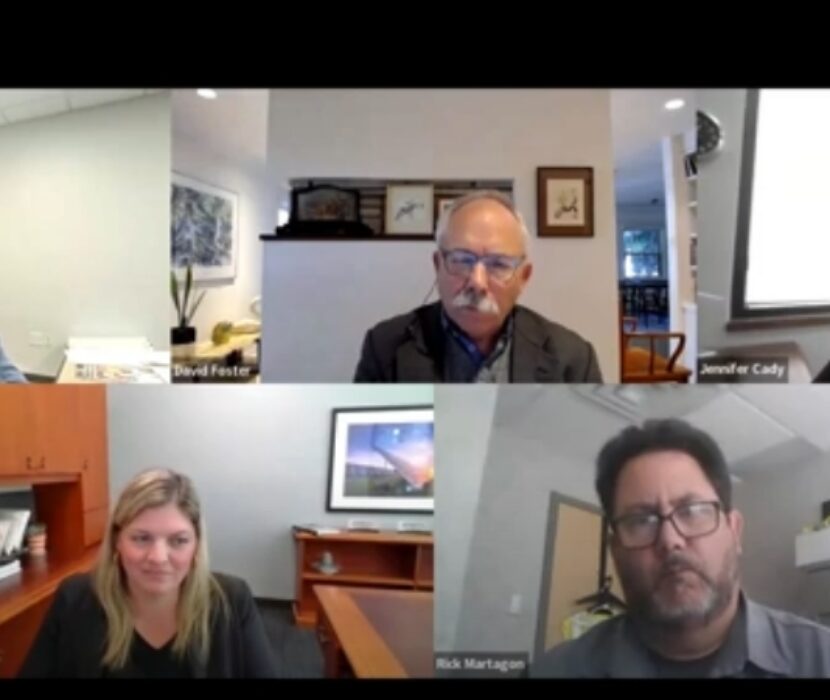
On Thursday, January 27, 2022, Energy Futures Initiative (EFI) Senior Vice President of Research Alex Kizer gave an overview of EFI’s hydrogen development initiatives in a webinar titled “Creating a Southeast Clean Hydrogen Energy Economy” hosted by the Southeast Hydrogen Energy Alliance (SHEA). Kizer focused on EFI’s 2021 workshop on the potential for clean hydrogen in the Carolinas, one of three reports that EFI recently released on hydrogen development.
EFI hosted a workshop on October 28 and 29, 2021, with the purpose of exploring a hydrogen hub concept in North and South Carolina and surrounding regions. “Our goals are to understand what the policies are for a hydrogen market,” Kizer said. In his presentation, Kizer outlined EFI’s hydrogen project objectives: animate capital investment, inform infrastructure package implementation and provide thought leadership for new coalitions.
Kizer discussed the major takeaways and lessons from the two-day public and private workshop. On day one, stakeholder participants discussed regional aspirations for hydrogen, highlighted the activity of other model hydrogen hubs, and explored potential actions that could underpin a hydrogen economy in the Carolinas. “Developing a shared vision amongst the players is critical… Anchors become really important in identifying the demand element,” he said. Kizer further explained that these coalitions are built from the “bottom-up,” starting with anchor players that span the ecosystem.
On day two: a private roundtable of key thought leaders from the Carolinas discussed how to establish a hydrogen hub and market, and next steps for formation. “Regional hubs are a major area of focus for investors… localized shared infrastructure is really important,” Kizer highlighted. Such hubs can provide pathways to decarbonize multiple sectors and leverage existing local resources (e.g., solar and nuclear generation and transportation hubs).
“There’s no one recipe for a hub. Each is going to have their own production, supply resources, etc.,” he explained. Moreover, Kizer discussed how cost and identifying who pays for the hydrogen transition are significant barriers. “Who pays matters a lot,” he emphasized and explained that the cost of commercialization should not fall on those least willing to pay for it or those who will not directly benefit in the short term.
When discussing day two’s visioning exercise, Kizer reflected on “the need for participation diversity,” and maintained that it is a source of strength in the trust-building process amongst a wide set of stakeholders. The Carolinas host a unique and extensive blend of capabilities, interests, and resources to develop a hydrogen hub and eventually a functioning hydrogen market.
-Karla Salazar
(Share this post with others.)




